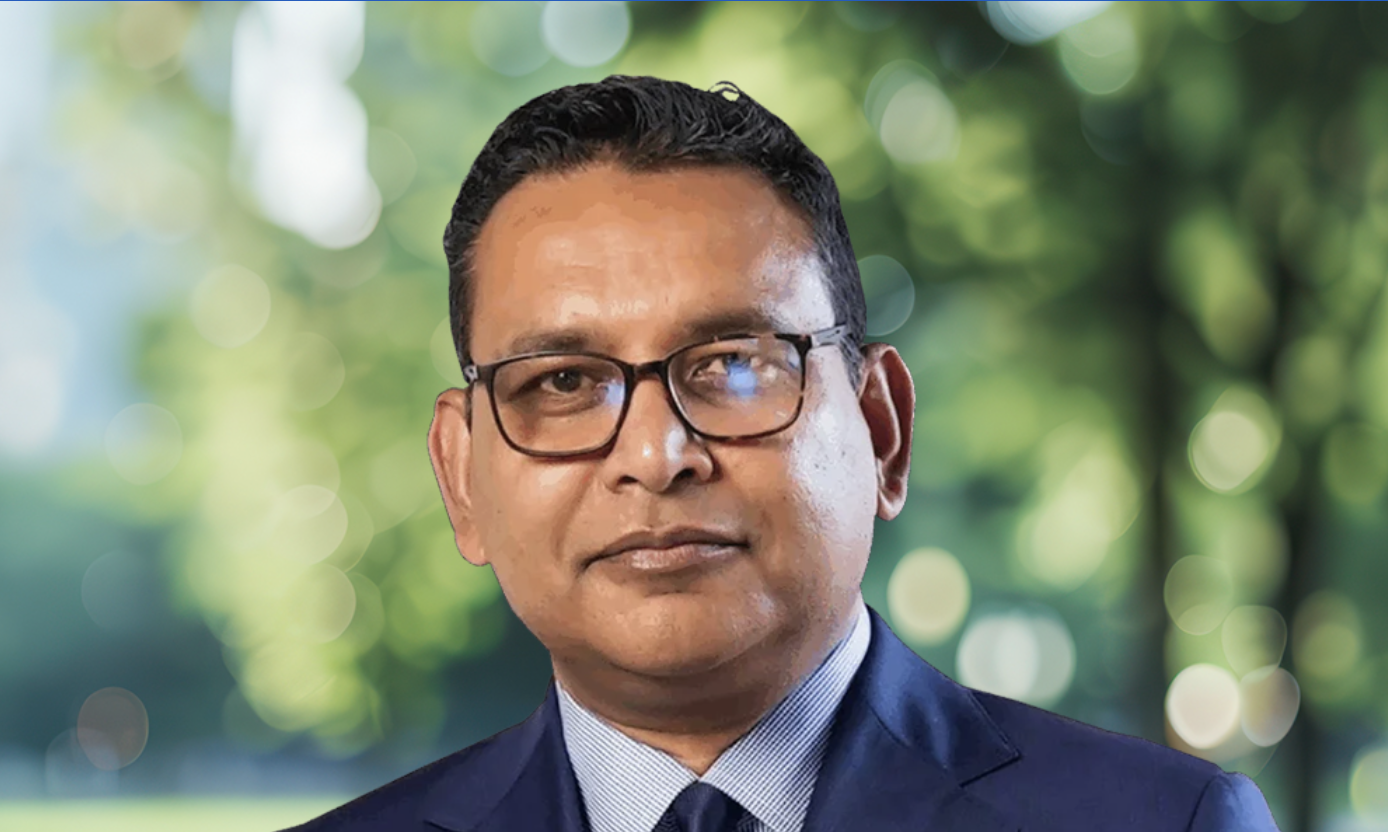Machines are rising. The real question: Will we evolve beyond routine and reclaim what only humans can do?
KEY POINTS
- AI is already taking jobs, more than 10,000 job cuts this year can be attributed to generative AI.
- But those who adapt can thrive. Build relationships, read emotions, ask better questions.
- Think collaboration, not competition; don’t fight AI, partner with it.
“AI,” the “godfather of AI”, Geoffrey Hinton, recently warned, “will make a few people much richer and most people poorer.”
Why? Well, says Hinton, it’s in part because AI is going to take away a lot of jobs from a lot of people. And he is far from alone in thinking this. For example, a few months ago, Dario Amodei, the CEO of Anthropic, warned that AI could lead to a 50% reduction in white-collar jobs; Sam Altman, the CEO of Open AI, has also repeatedly voiced this concern.
The problem is often framed in terms of the future—about what AI could do to jobs down the line. But the future has a habit of coming faster than we think.
For Annabel Beales, for example, a UK copywriter who was replaced by AI, the future is here now. Amodei’s words weren’t a prediction; they were a description. And it’s not just copywriters who are at risk. The career of voice acting might plausibly be annihilated by the use of AI to clone voices—and far from being a sci-fi possibility, it is already happening at scale.
Such stories are canaries in the coal mine, and the birds are singing ever louder. A recent report by Challenger, Gray & Christmas suggested that more than 10,000 job cuts this year can be attributed to generative AI. And perhaps the most vivid example is in the birthplace of AI, the tech industry, where giants like Microsoft, Meta, Amazon, and Oracle have all announced significant AI-driven job cuts this year.
So, what will become of our jobs and our careers and our livelihoods?
The fact is, no one knows for sure. So what follows isn’t a definitive answer but an attempt to think through the uncertainty: Can we thrive in the age of AI?
AI Isn’t Good at Everything
Here’s one basic truth that seems important to me: Generative AI is good at some things and not so good at others.
Generative AI excels at things like pattern recognition, data analysis, and generating content that follows predictable structures. So AI assistants like Claude, ChatGPT, Gemini, and Co-Pilot can write decent formulaic emails, analyze spreadsheets, and create passable marketing copy. But they’re not so good at emotional nuance, personalization, or true innovation, and they also struggle with real-world complexity and patterns they’ve never seen before.
The upshot is that AI isn’t replacing humans or knowledge work per se. Rather, it’s more useful to see AI as unbundling knowledge work.
There are some pieces that AI can do better, and it is already taking those pieces over—routine, automated work like data entry, standard customer interaction, processing invoices, scheduling.
But there are pieces that AI cannot do well, and here humans are more important than ever. For example, AI is good at routine customer service—but only humans can react with the empathy and nuance that turns someone making a complaint into a devoted and enthusiastic customer. And it is only humans who can judge when a situation calls for the routine customer service playbook and when a deviation from the norm is necessary.
To simplify for the sake of convenience: The AI revolution means that the routine parts get automated while the complex, nuanced parts are best left to humans. So to prepare for the AI age, we need to start developing the uniquely human skills that AI cannot replicate.
The Skills that Matter
So what uniquely human skills should we develop? Here are four that I think will be enormously valuable in an AI world:
- Emotional Intelligence: AI can mimic emotion, but it cannot feel. It can simulate the behavior of humanity, but it cannot be human. And this is where opportunity lies. We need to develop our ability to connect, to build trust, to read unspoken dynamics, to attend to the heart as well as the head. The age of AI makes such qualities even more important. And only humans have them. Practice: Put your phone away during conversations and really listen.
- Relationship-Building: In a world of deepfakes and AI-generated everything, authentic human relationships become more valuable, not less. AI can send connection requests and schedule meetings, but it can’t build the genuine bonds that make someone choose you for their team or recommend you when opportunity knocks. Practice: Have one meaningful conversation daily with no agenda beyond connection.
- Asking Better Questions: AI can generate endless answers, but it doesn’t tell you which questions are worth asking. It doesn’t know what matters to your specific situation, your values, or your goals. The skill we need isn’t just prompt engineering; it’s developing the judgment to know what matters, what assumptions need challenging, and what questions nobody else is asking. Practice: Before using AI for any task, spend two minutes writing down what you really need to know, not just what’s easy to ask.
- Learn How to Learn: The learn-work-retire model is dead. The pace of technological change means specific technical skills have limited half-lives. Thriving in this world requires being a life-long learner—not just learning something but acquiring the skill of learning itself. Practice: Learn one new AI tool monthly, especially if it makes you uncomfortable. Discomfort is where growth lives.
A Partnership Mindset
To prepare for the AI world, we need to move beyond competition and start thinking in terms of collaboration; it’s not AI or me, it’s AI and me. The professionals thriving now use AI for research but apply critical thinking and human judgment to its outputs.
The goal, you see, isn’t to “win”; it’s to flourish together. The aim must be to find a combination of machine efficiency and human wisdom that helps us transcend our limitations.
What precise combination is this? I don’t know for sure, and I don’t think anyone else does, either. But I do know that we need to start very urgently thinking about the answers.
[Photo: Best/Adobe Stock]
Original article @ Psychology Today.
















